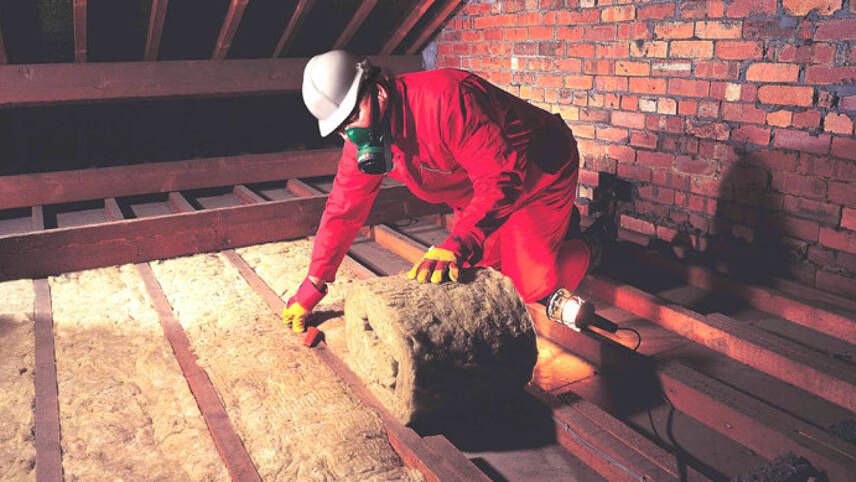Standard content for Members only
To continue reading this article, please login to your Utility Week account, Start 14 day trial or Become a member.
If your organisation already has a corporate membership and you haven’t activated it simply follow the register link below. Check here.

EDF Energy has met its energy efficiency targets for the Energy Company Obligation (Eco) scheme by installing 170,000 energy saving measures in 144,000 properties across England, Scotland and Wales ahead of the scheme’s March deadline next year.
The supplier said it is the first energy company to meet the target given to it by the governments’ Eco scheme at the beginning of 2013 when it was introduced.
The scheme required energy companies to fit energy saving measures such as loft insulation, cavity wall insulation and boiler replacements in vulnerable and low-income households as well as properties that are considered ‘hard-to-treat’.
EDF Energy said they worked with local authorities to identify the most vulnerable communities in the UK. It fitted more than 32,000 replacement boilers delivering a lifetime energy savings bill of more than £550 million.
EDF also met its target as set out under the governments’ previous energy efficiency schemes Carbon Emissions Reduction Target (Cert) and Community Energy Saving Programme (Cesp). It over delivered on these schemes by 55,000 installations, which are counted against the delivery of EDF’s current Eco target.
For failing to meet the same targets by the deadline British Gas was forced to make a payment of £11.1 million this week and Drax a payment of £28 million. SSE, Scottish Power, GDF Suez, Intergen and Drax have also been identified by Ofgem for missing their Cert and Cesp targets.
EDF Energy chief executive, Vincent de Rivaz said: “These energy saving installations are proven to substantially lower energy bills, cut carbon emissions and keep homes warm. Our focus has been on supporting some of the most vulnerable and low-income communities in the UK. While we’ve met our targets more than three months early, our programme continues and more households will be able to benefit in future.”
Please login or Register to leave a comment.